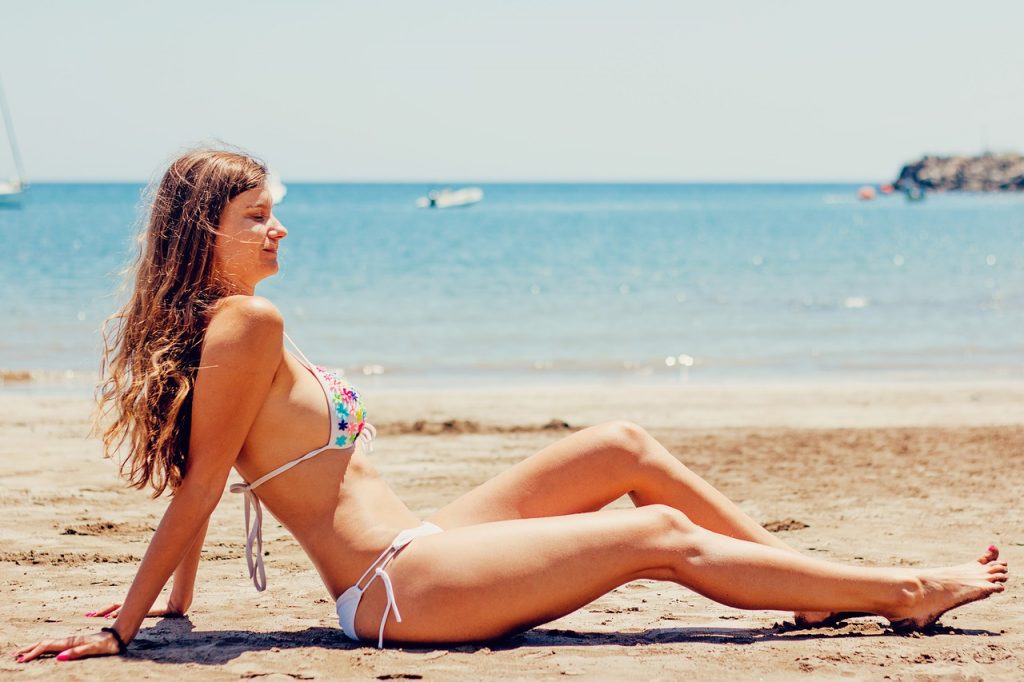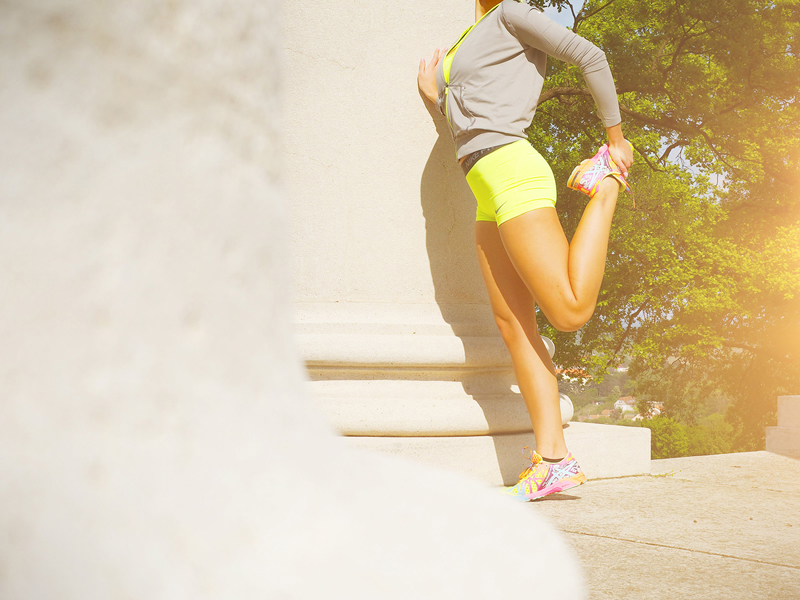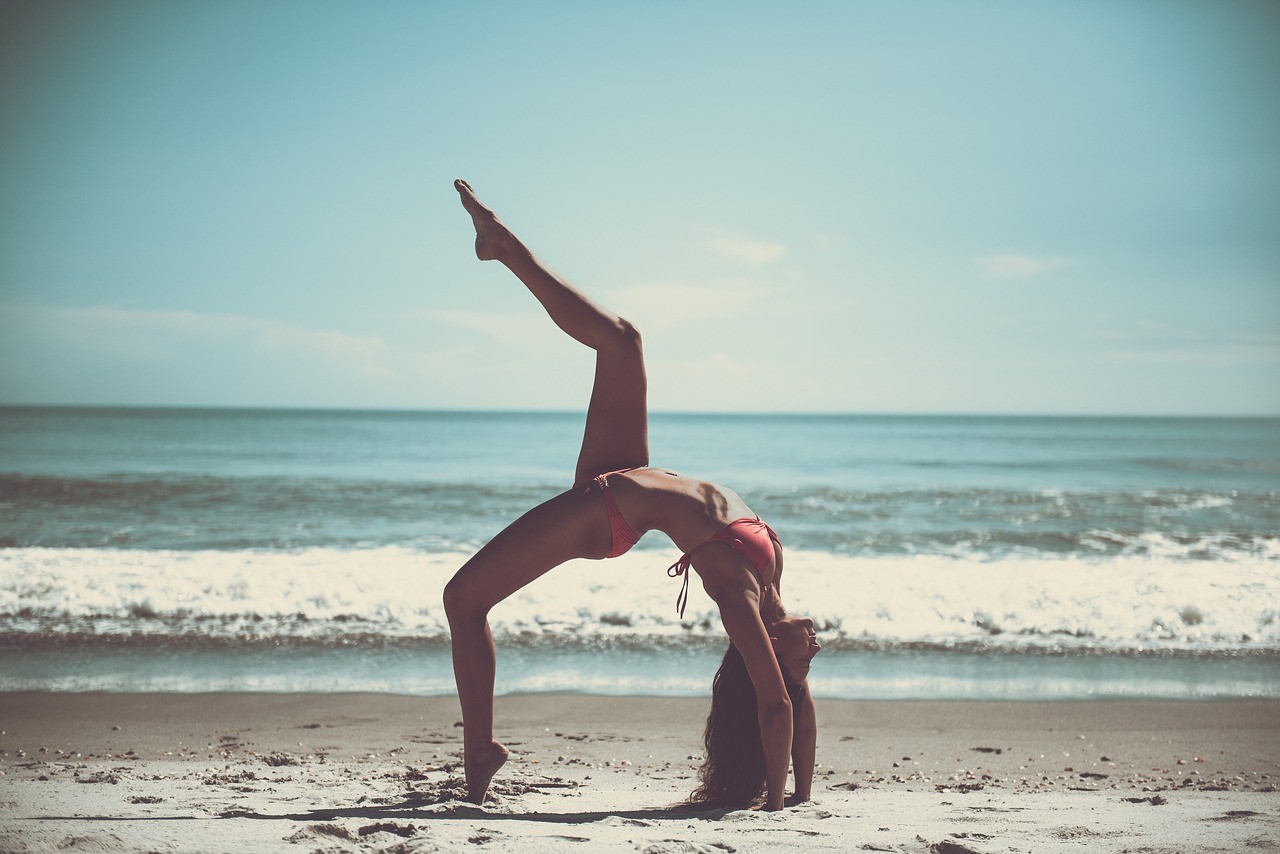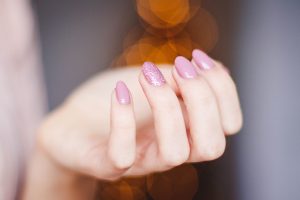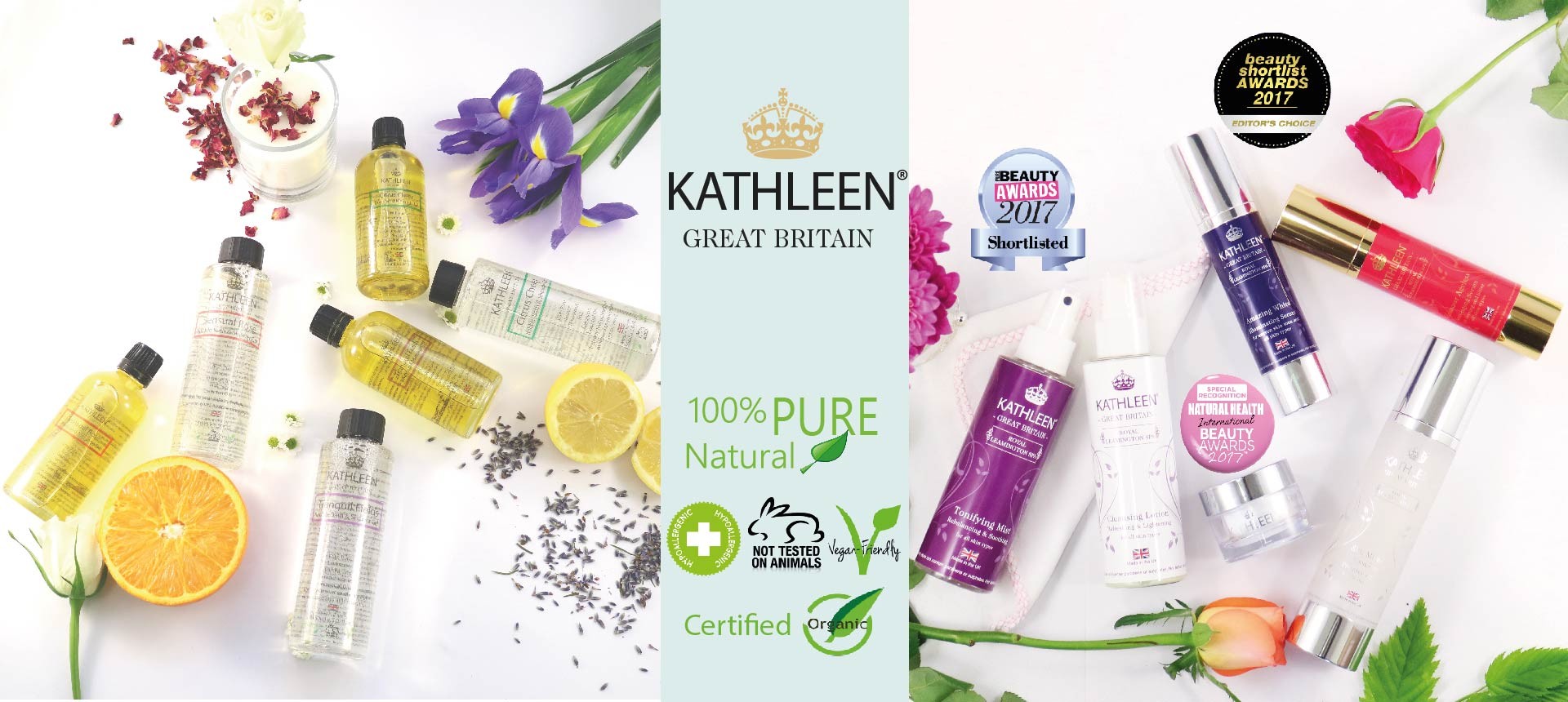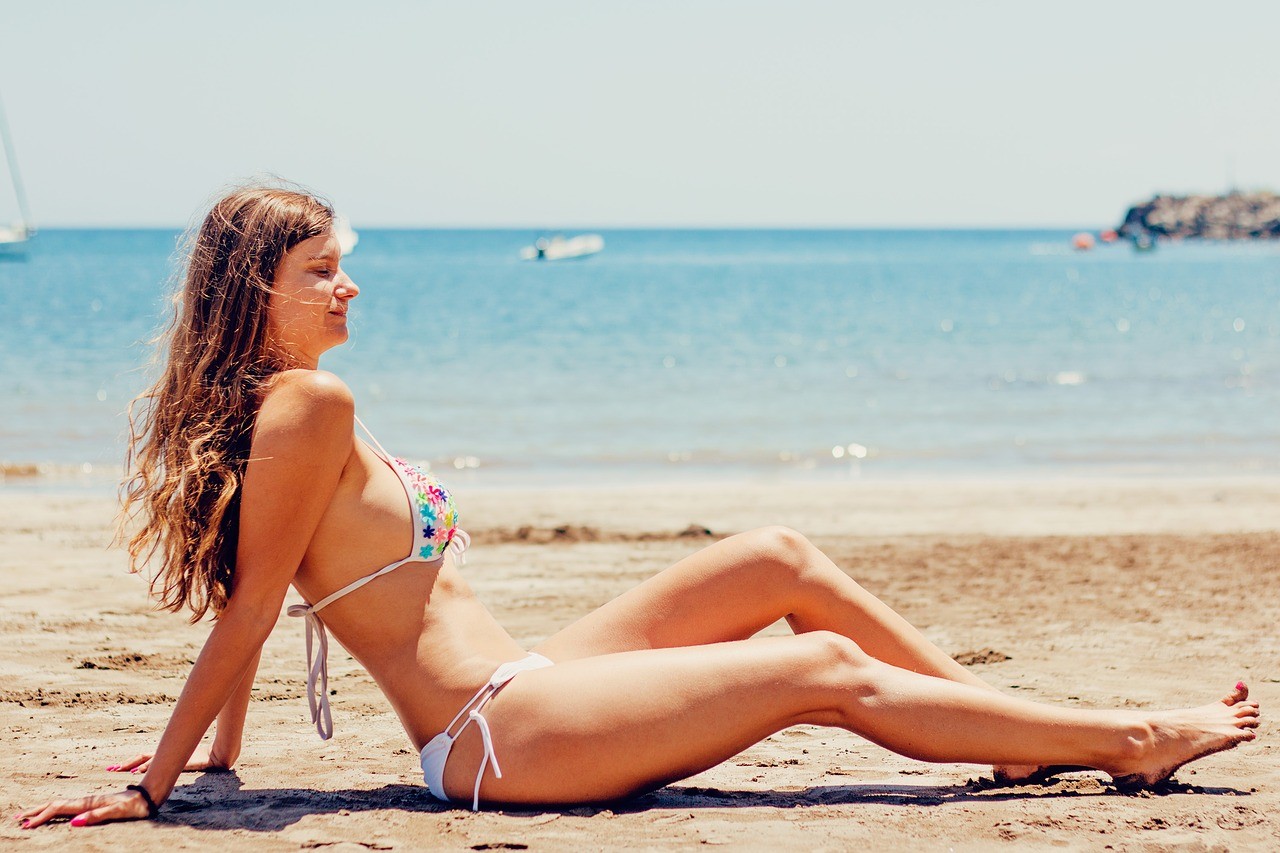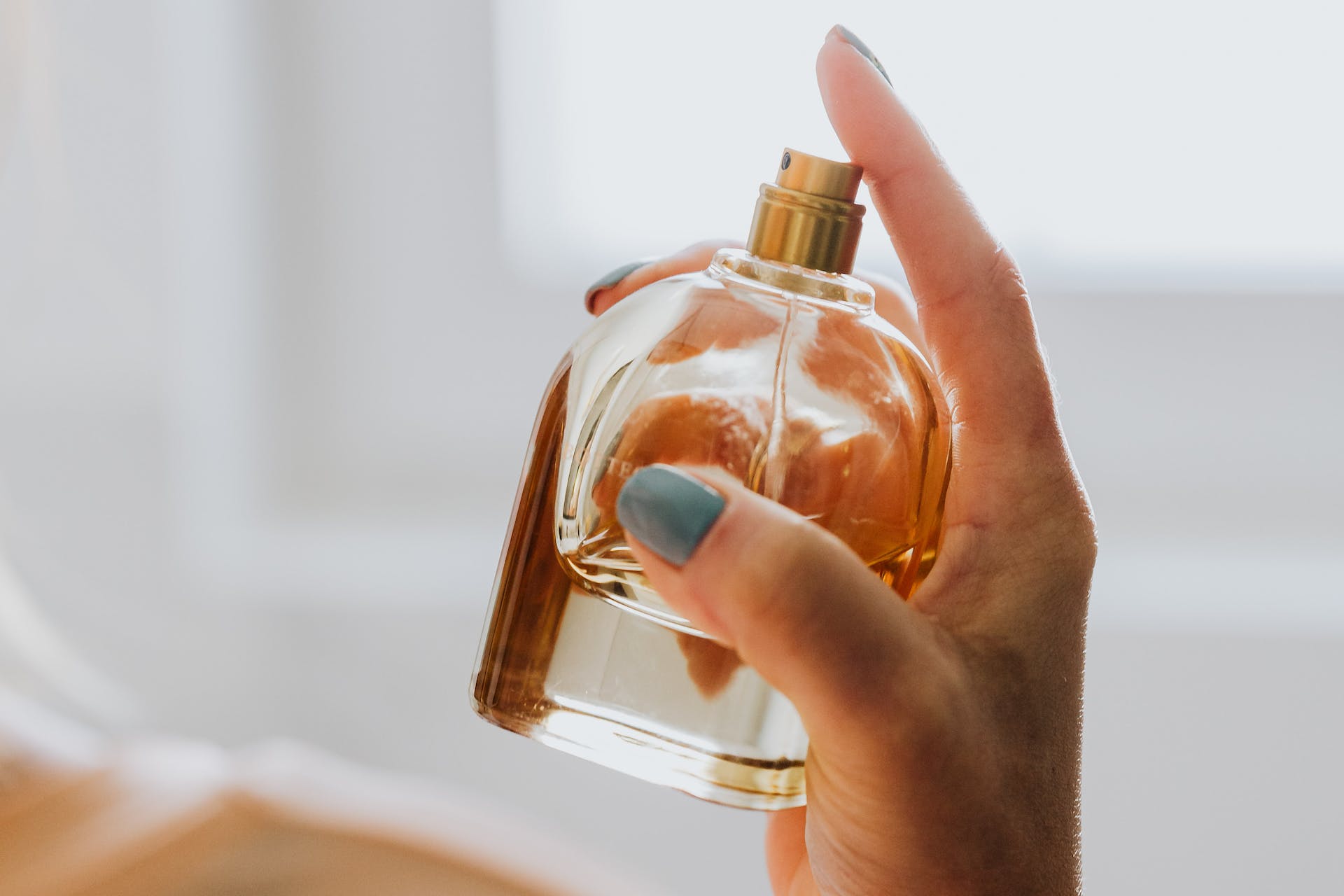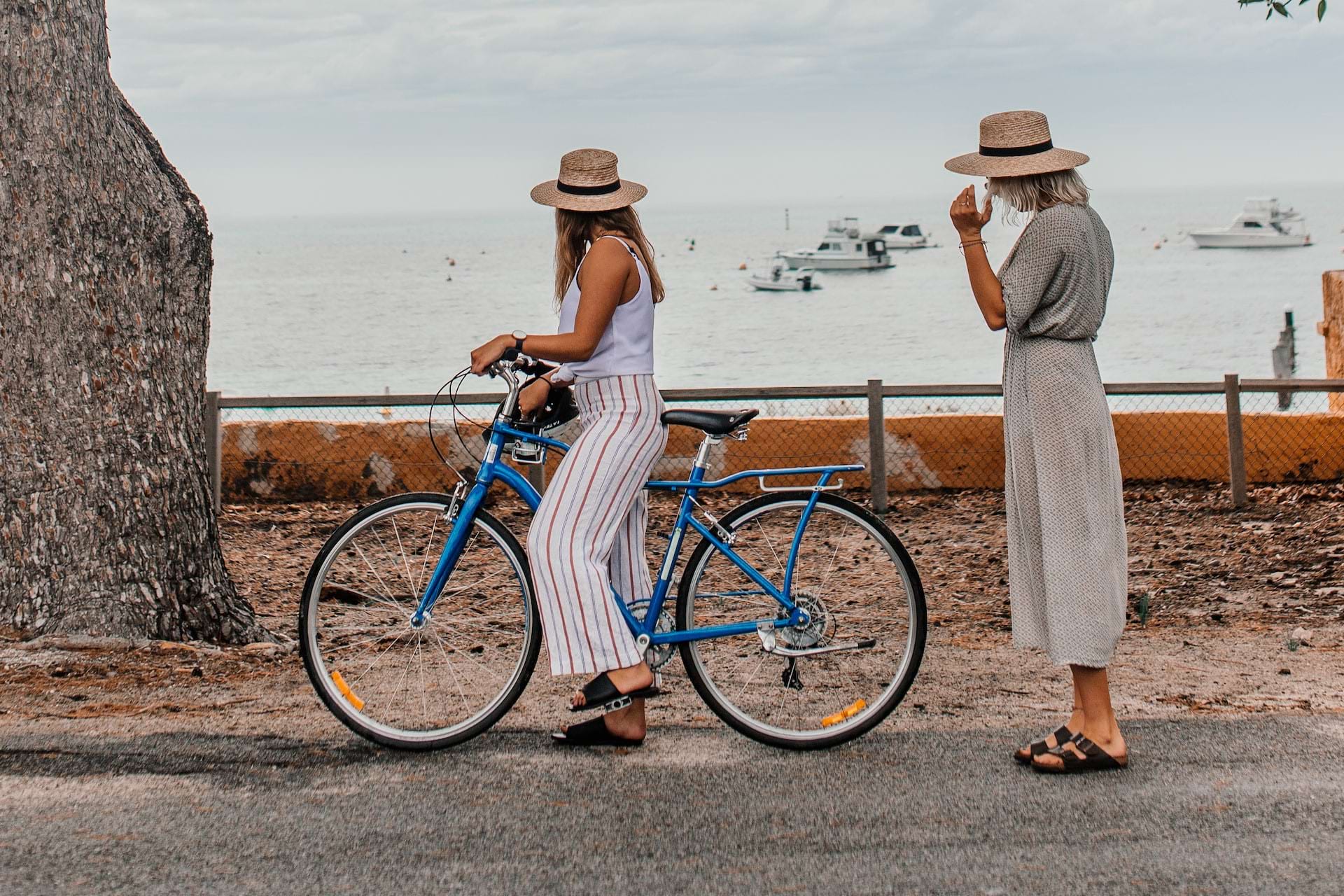
Many might assume that varicose veins are only a condition that affects middle aged women rather than people of both sexes and of all ages. In fact, it is such a common complaint that around a quarter of all people will experience varicose veins at some point in their lives. As anyone who has suffered from the condition will tell you, these veins can be sore but it is often the impact on self-confidence that is the biggest impact, especially during the summer months.
Although varicose veins can affect anyone, there are some risk factors which make individuals more prone to developing the condition, including age, obesity and pregnancy. As you age, or if you are overweight, the valves in your blood vessels have to work harder to perform their function. As they become overworked, clotting and condition such as varicose veins are more common. The valves are also placed under additional strain during pregnancy as there is an increase in blood flow. This is why varicose veins are more common amongst pregnant women.
Once the valves no longer work effectively, blood is allowed to “pool” in the veins which stretches and enlarges them. This is why varicose vein protrude from the surface of the skin and often have a red of dark purple appearance.
What misconceptions do people have about treating varicose veins during summer?
- I can’t sunbathe after varicose vein treatment
If you have undergone foam sclerotherapy treatment for varicose veins then you can go out in the sun as much as you like. Obviously, make sure that you apply plenty of sun cream when you’re outside! Although you should not be exposed to the sun if you have just had skin laser or intense pulsed light treatment for varicose veins, techniques that require an injection allow you to sunbathe as much as you wish.
- I can’t fly after varicose vein surgery
If you are planning to go on holiday within Europe then you will be ready to fly just a few days after surgery. Short haul flights are absolutely fine. However, if you are planning on a long haul flight in excess of four hours, then it is recommended that you wait for up to six weeks as there is an increased risk of developing a blood clot such as deep vein thrombosis.
- I’ll have to wait six weeks before I can go swimming after surgery
This is incorrect. In fact, you will most likely be able to swim after just a few days. Many techniques are minimally invasive so you will be left with a tiny wound, often just 2mm, which will have virtually healed by the time your bandages have been removed.
- A sun tan will make my varicose veins worse
Sunbathing and developing a tan with have no effect on your varicose veins. The tan will actually cover the varicose veins although obviously as your tan fades the more obvious the veins will be.
- Treating varicose veins is pointless as they will only reappear
Specialists now use the latest treatment techniques that offer a lower recurrence rate. Nowadays, effective treatment to completely remove varicose veins is possible. This is a dangerous misconception as varicose veins re caused by blood vessels not performing their function. The longer that you ignore this issue, the greater the chance of further complications or varicose veins developing into something more serious.
An expert at vein surgery specialists Radiance Vein Clinic explains that the biggest risk is pulmonary embolism, which occurs when a blood clot travels in the bloodstream and eventually blocks a blood vessel in the lungs, which can be life-threatening. Other risks include developing blood clots such as deep vein thrombosis or ulcers.
How can I treat varicose veins?
One of the most effective ways to treat varicose veins is to seal the veins, therefore redirecting blood flow through healthier blood vessels preventing blood from “pooling”. Endovenous Laser ablation and Radiofrequency ablation are heat-based techniques which have minimal side effects or risk of complications as well as very high success rates ensuing that varicose veins do not make reappearance.
Foam sclerotherapy treatment uses a similar approach where a chemical is used to block the blood vessels that are causing the varicose veins. This is one of the most effective treatments if you are suffering with a mild case or the varicose veins are fairly small. If the veins are extensive then you may be better off seeking an alternative therapy.
Before surgery it is possible to make some small lifestyle changes to help to regulate your blood flow. Compression socks or stockings can improve circulation and reduce varicose veins as they assist the valves in your blood vessels and help to pump blood round the body. Always speak to a medical professional before you begin to wear compression socks as there is a wide range of garments for you to choose from with varying effectiveness depending on your needs.
Treating varicose veins is simpler than ever before so don’t be tempted to ignore the condition. These treatments are relatively painless and will ensure that your varicose veins will be a thing of the past!

